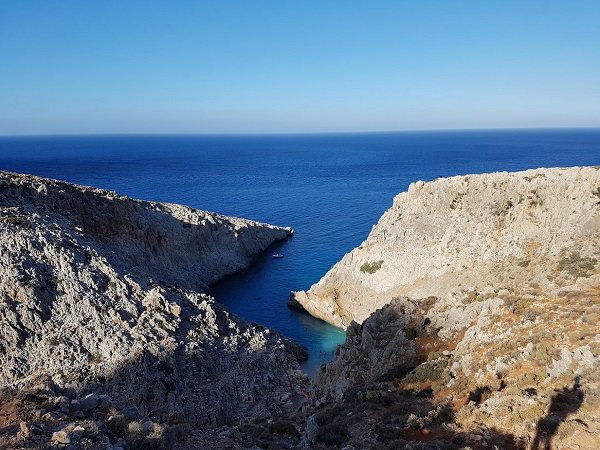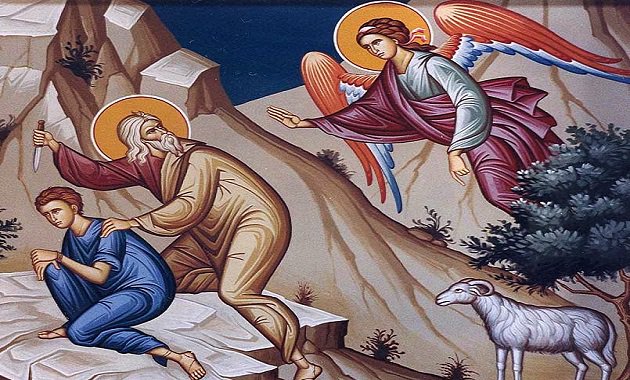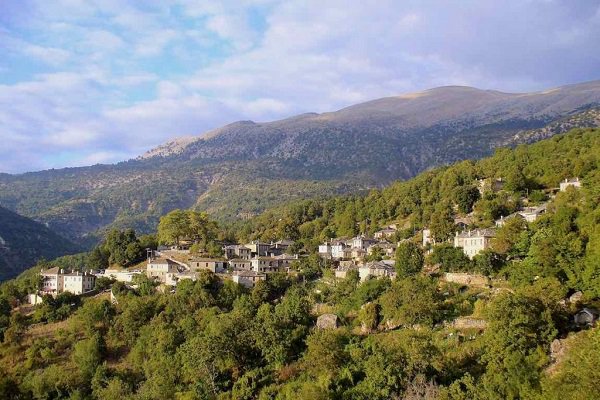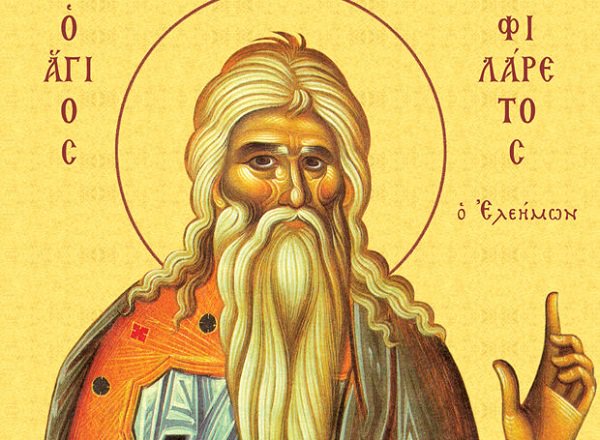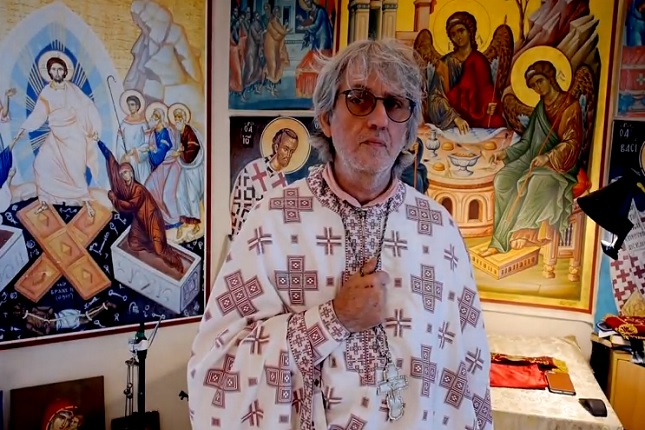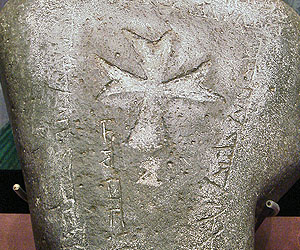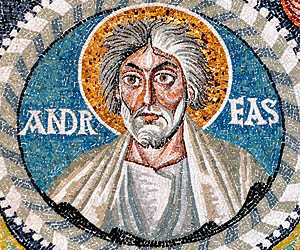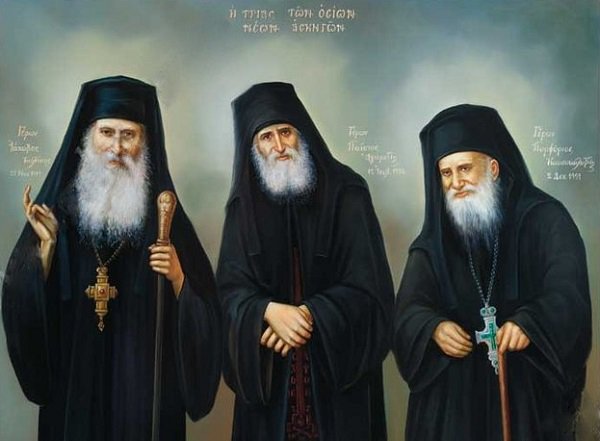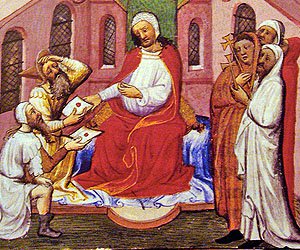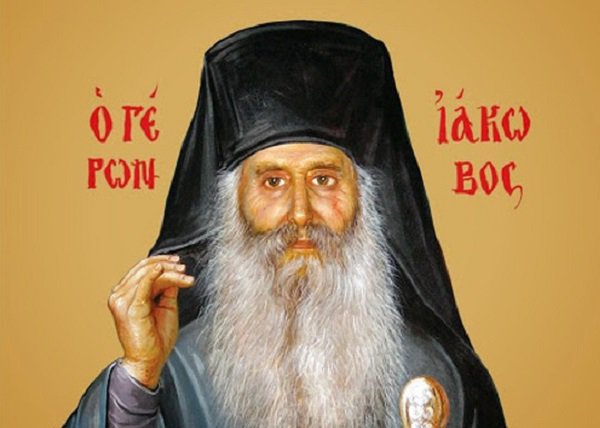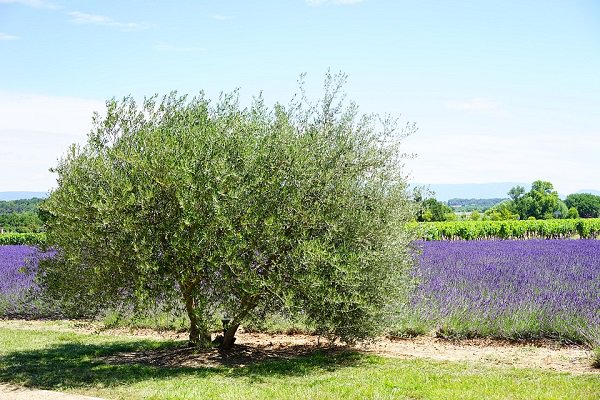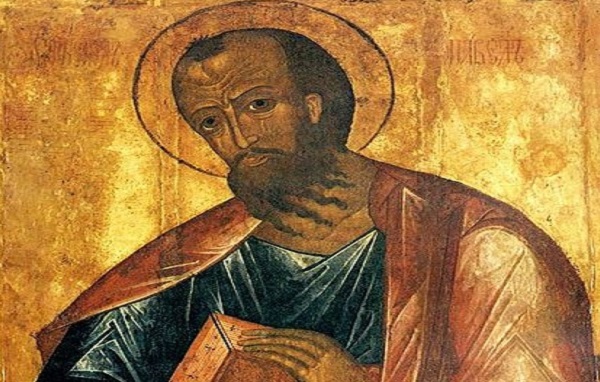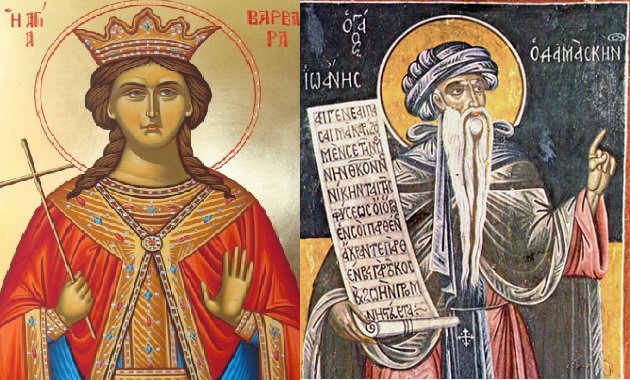
The Holy Great Martyr Barbara lived and suffered during the reign of the emperor Maximian (305-311). Her father, Dioskoros, was a rich pagan, a prominent citizen in Ilioupolis in Syria. After the death of his wife, he devoted himself to the upbringing of his only daughter. Dioskoros seems to have been a dedicated pagan and he built a tower for Barbara, where only her pagan teachers were allowed to see her. But Barbara became convinced that the inanimate idols were merely the work of human hands, and although her father and teachers worshipped them in their own fashion, she realized that the idols could not have made the world she saw when she looked out from her tower. The fame of her beauty (or, to ...


